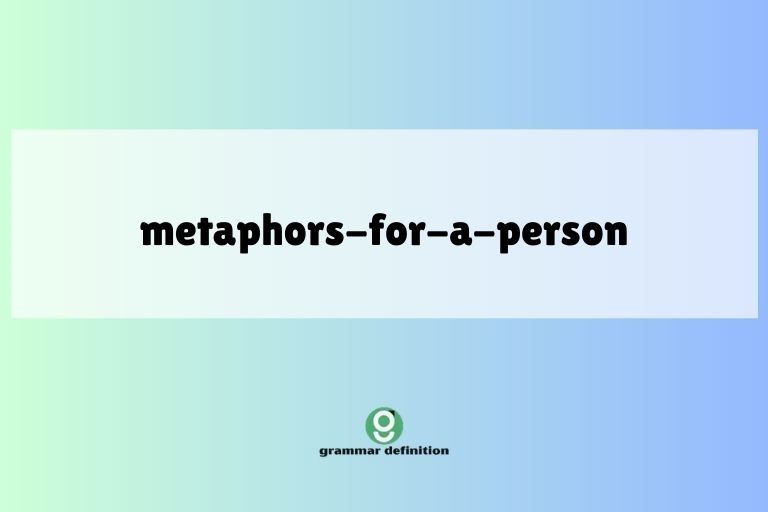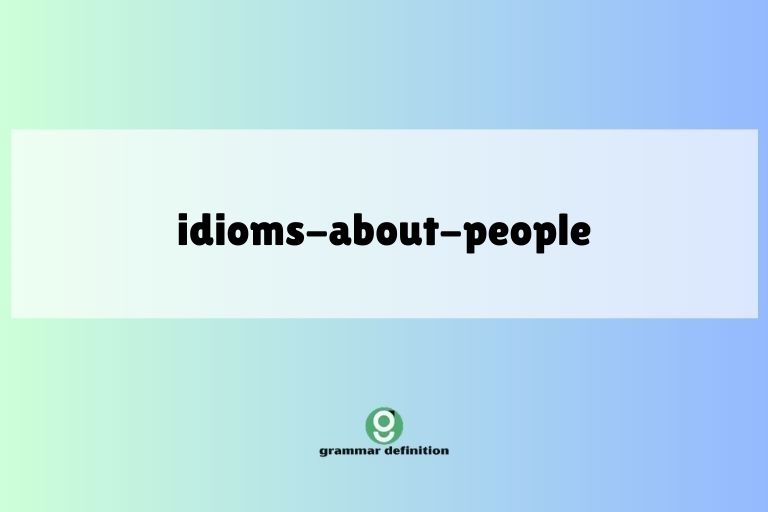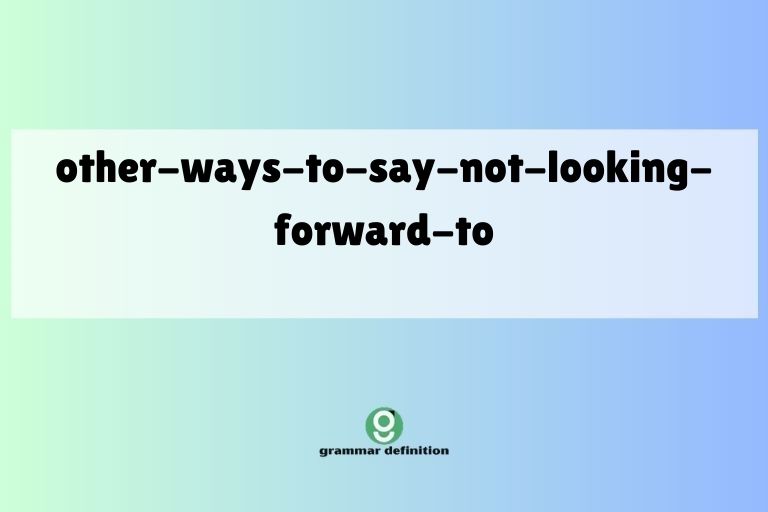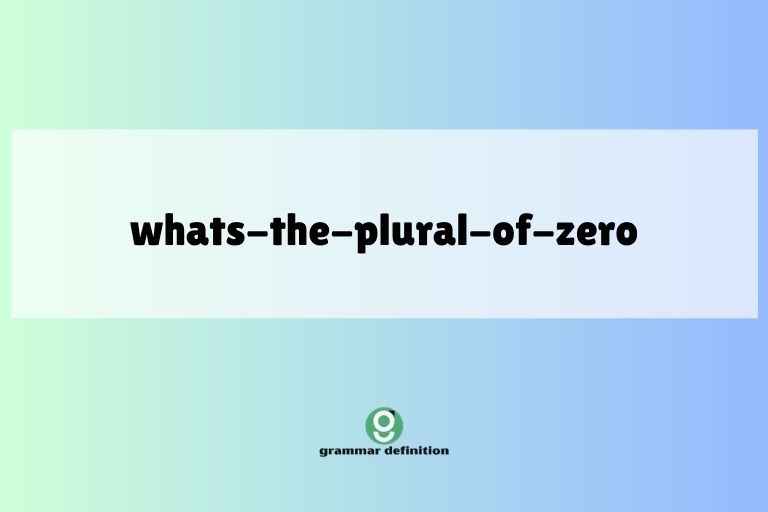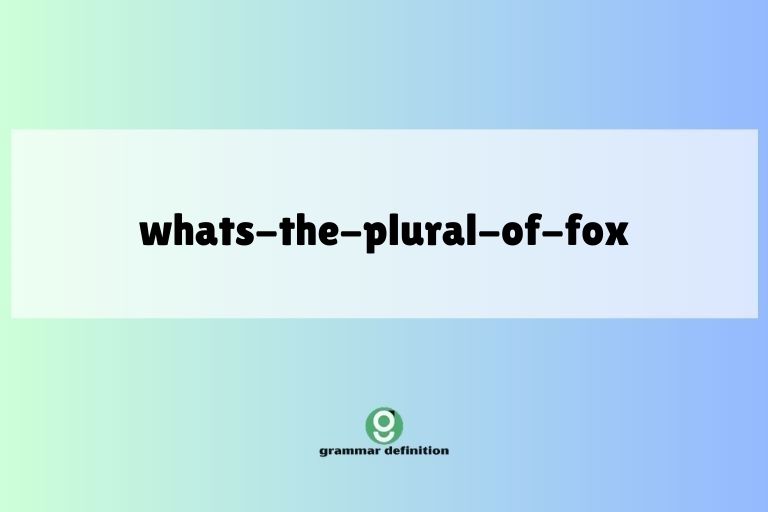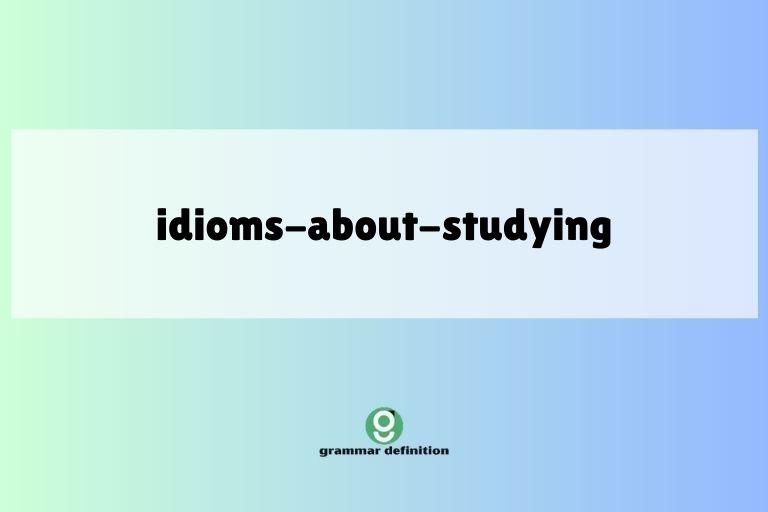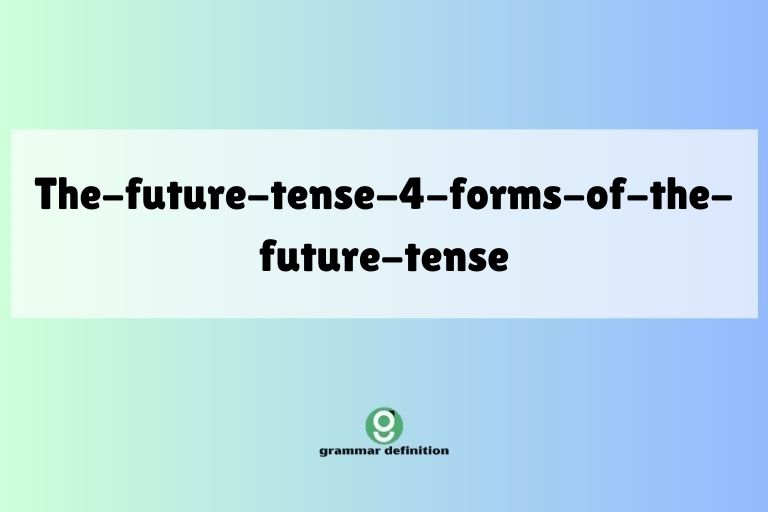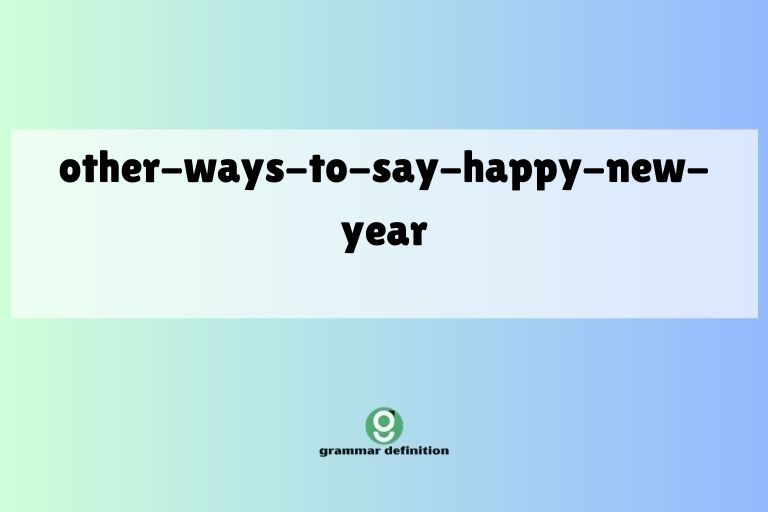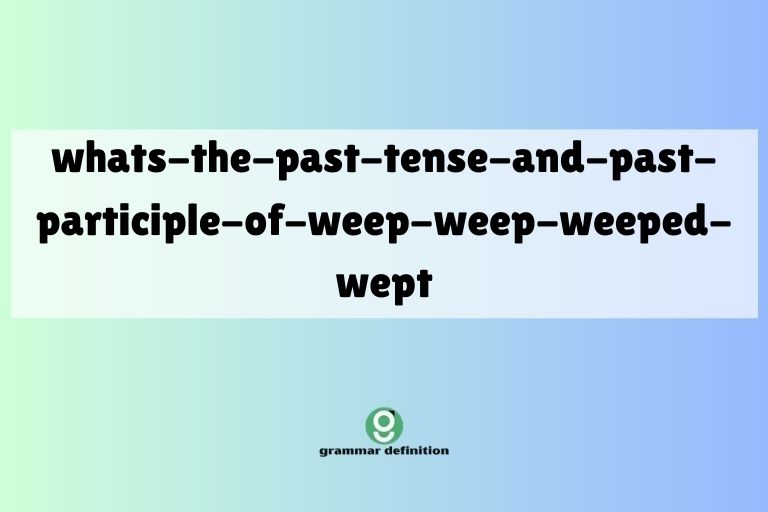Person as Metaphor: Understanding Figurative Language
Metaphors are powerful tools in the English language, allowing us to understand and describe complex concepts by relating them to something more familiar. When applied to people, metaphors can reveal hidden aspects of their character, behavior, or role in society. Mastering the use of metaphors for people enhances both your writing and comprehension skills, enabling … Read more

